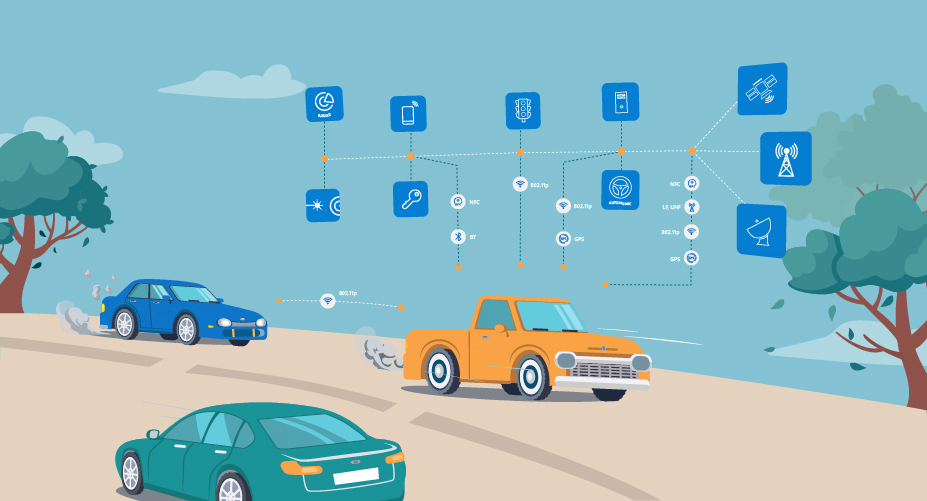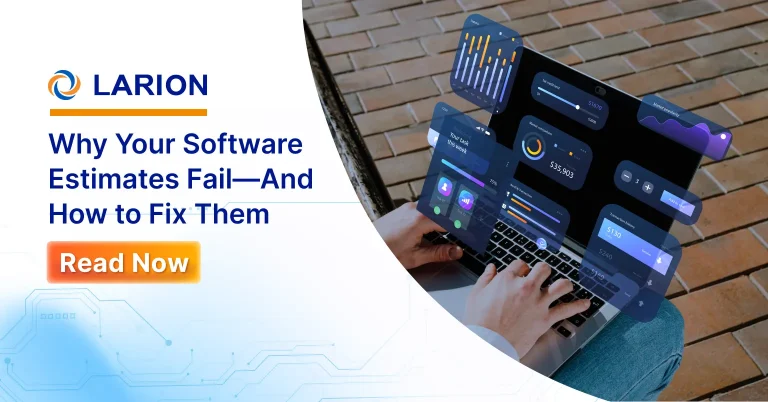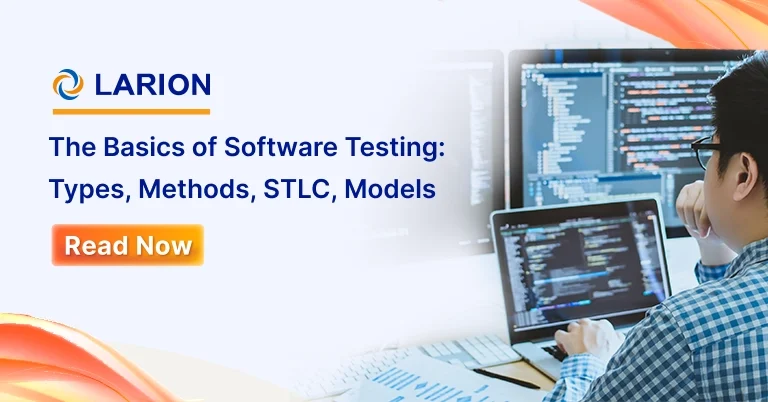In the rapidly evolving landscape of the automotive industry, innovation is no longer limited to engine power and sleek designs. The rise of technology has led to a new era of connected cars, transforming vehicles into complex software-driven machines. With this transformation comes a pressing need for automotive organizations to prioritize safety and security testing. Ensuring the integrity of software systems has never been more crucial, as the lives of drivers and passengers depend on it.

FEV vehicle communications
The Accelerating Complexity of Automotive Software
Gone are the days when vehicles relied solely on mechanical components. Modern cars are equipped with advanced software systems that control everything from infotainment and navigation to critical safety features. The integration of Artificial Intelligence (AI), Internet of Things (IoT), and other cutting-edge technologies has made vehicles smarter, more efficient, and interconnected. However, this complexity also introduces a higher level of vulnerability.
Connected Cars: A Double-Edged Sword
The proliferation of connected cars has opened the door to enhanced driving experiences and convenience. From real-time traffic updates to remote diagnostics, connected cars offer a plethora of benefits. Nevertheless, these benefits come hand in hand with potential security risks. Hackers could exploit vulnerabilities in the software to gain unauthorized access to the vehicle’s systems, compromising not only personal data but also control over critical functions like braking and acceleration.
The Imperative of Safety and Security Testing
Automotive organizations must prioritize safety and security testing to ensure that their software systems are robust and resilient against potential threats. Rigorous testing is essential to identify vulnerabilities, eliminate weaknesses, and create a shield against cyberattacks. This multi-faceted approach encompasses several key aspects:
- Threat Modeling: Begin by identifying potential threats and vulnerabilities in the software. This proactive approach allows developers to design with security in mind from the outset.
- Penetration Testing: Also known as ethical hacking, penetration testing involves attempting to exploit vulnerabilities to assess the system’s resistance to real-world attacks.
- Code Review: Scrutinize the software code for vulnerabilities and ensure that best practices for security are being followed during the development process.
- Regular Updates: Continuously update and patch software to address newly discovered vulnerabilities. Prompt response to emerging threats is crucial.
- Collaboration: Encourage collaboration between software developers, automotive engineers, and cybersecurity experts. Their combined expertise can create a holistic approach to software safety.
The Road Ahead: A Holistic Approach
Ensuring automotive software safety and security requires a shift from reactive measures to a proactive, holistic approach. Here’s how automotive organizations can navigate this journey effectively:
- Education and Training: Invest in continuous training for developers and engineers to stay updated with the latest security practices and threats.
- Regulatory Compliance: Stay informed about industry standards and regulations related to automotive cybersecurity, such as ISO/SAE 21434, and adhere to them diligently.
- Third-Party Components: Be cautious when integrating third-party components or software. Their security can impact the overall safety of the vehicle.
- Data Privacy: Safeguard sensitive user data by implementing robust data protection measures and ensuring compliance with data privacy laws.
- Crisis Preparedness: Develop a crisis management plan to effectively respond to potential security breaches. Swift action can minimize damage and protect the brand’s reputation.
The automotive industry stands at a critical juncture where innovation and safety must go hand in hand. The transformation of vehicles into software-driven entities brings tremendous potential, but it also demands a heightened focus on safety and security. Automotive organizations that prioritize thorough testing, collaboration, and a holistic approach will not only protect drivers and passengers but also set new standards for the future of automotive software. As we navigate this complex road, the destination is clear: a safer, more secure driving experience for all.
About LARION JSC
LARION, a global software outsourcing partner with 2 decades deep industry expertise. We are a 100% Vietnam-based technology company specializing in crafting solutions and building highly skilled development teams for companies worldwide. Run by a team of successful entrepreneurs and dedicated technical experts – LARION is a unique symphony where we create a frictionless future for customers with passion, while maintaining full compliance with your needs and objectives.
We offer a wide range of software development services, including:
- Custom enterprise software development
- Data analytics
- System Integration
- Software Testing
- DevOps
- …and more…
We are committed to working with our clients to understand their needs and develop solutions that meet their specific requirements. We also offer a wide range of support and maintenance services to ensure that our clients are satisfied with our software solutions.
If you are looking for a reliable and experienced IT Offshoring partner, contact LARION JSC now!




